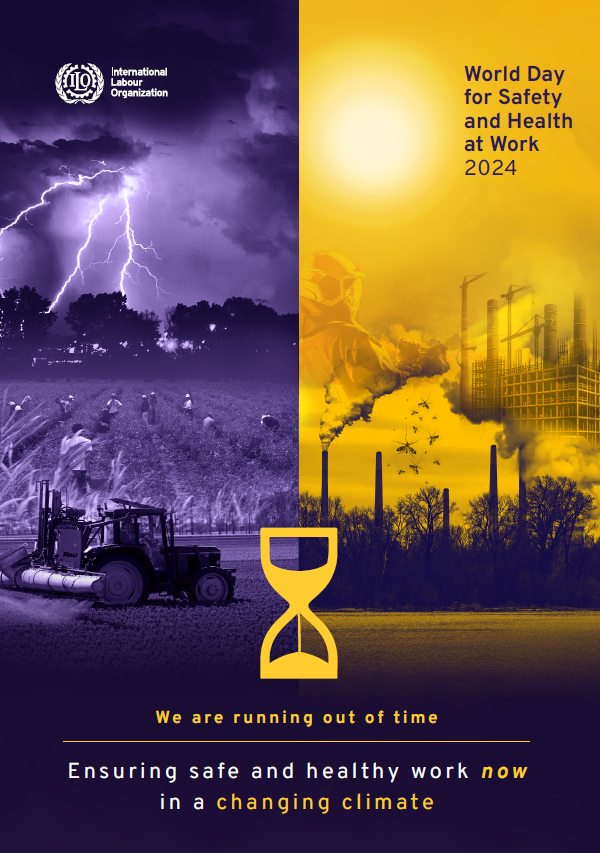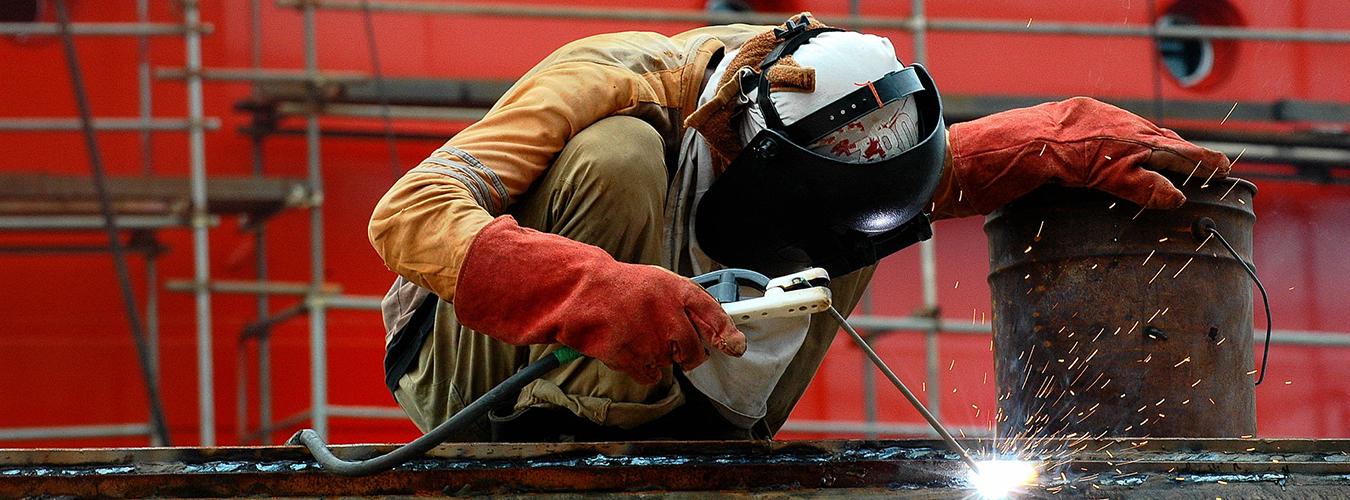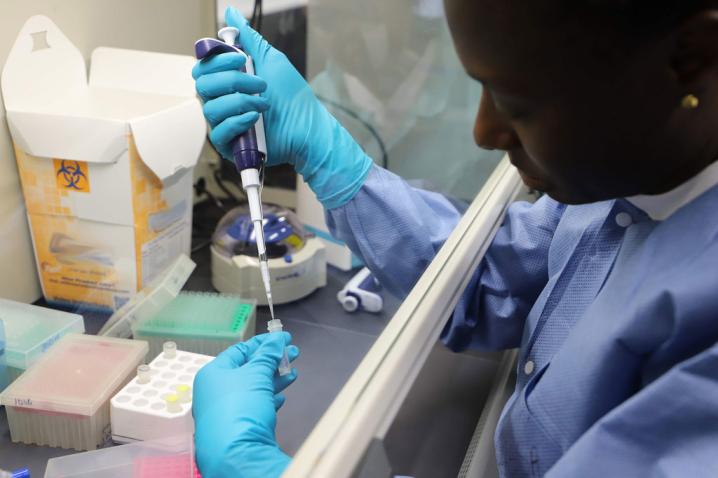The impacts of climate change on occupational safety and health
Climate change is already having serious impacts on planetary health, human health and the world of work. As this problem intensifies, workers around the globe find themselves at an increased risk of exposure to hazards such as excessive heat, ultraviolet radiation, extreme weather events, air pollution, vector-borne diseases and agrochemicals. Numerous health conditions are linked to climate change, including cancer, cardiovascular disease, respiratory illnesses, and mental health disorders.
Promoting, respecting and realizing the fundamental principle and right at work of a safe and healthy working environment also means addressing dangerous climate change impacts in the workplace. Mainstreaming occupational safety and health (OSH) into climate policies and integrating climate concerns into OSH practices is crucial. Legislation may need re-evaluation or new regulations as climate hazards evolve.
Collaboration between governments and social partners is vital for climate mitigation and adaptation policies. The time to act is now!
On the occasion of the World Day for Safety and Health at Work 2024, the ILO is launching a new report titled "Ensuring safety and health at work in a changing climate," which reveals alarming new data on the impact of climate change on workers’ safety and health.
Background
In 2003, the International Labour Organization (ILO), began to observe World Day in order to stress the prevention of accidents and diseases at work, capitalizing on the ILO's traditional strengths of tripartism and social dialogue.
This celebration is an integral part of the Global Strategy on Occupational Safety and Health of the ILO, as documented in the Conclusions of the International Labour Conference in June 2003. One of the main pillars of the Global Strategy is advocacy, the World Day for Safety and Health at Work is a significant tool to raise awareness of how to make work safe and healthy and of the need to raise the political profile of occupational safety and health.
28 April is also the International Commemoration Day for Dead and Injured Workers organized worldwide by the trade union movement since 1996.
Prevention of occupational accidents and diseases
The annual World Day for Safety and Health at Work on 28 April promotes the prevention of occupational accidents and diseases globally. It is an awareness-raising campaign intended to focus international attention on the magnitude of the problem and on how promoting and creating a safety and health culture can help reduce the number of work-related deaths and injuries.
Each of us is responsible for stopping deaths and injuries on the job. As governments we are responsible for providing the infrastructure — laws and services — necessary to ensure that workers remain employable and that enterprises flourish; this includes the development of a national policy and programme and a system of inspection to enforce compliance with occupational safety and health legislation and policy. As employers we are responsible for ensuring that the working environment is safe and healthy. As workers we are responsible to work safely and to protect ourselves and not to endanger others, to know our rights and to participate in the implementation of preventive measures.
Emerging risks at work
New and emerging occupational risks may be caused by technical innovation or by social or organizational change, such as:
- New technologies and production processes, e.g. nanotechnology, biotechnology
- New working conditions, e.g. higher workloads, work intensification from downsizing, poor conditions associated with migration for work, jobs in the informal economy
- Emerging forms of employment, e.g. self-employment, outsourcing, temporary contracts
They may be more widely recognized through better scientific understanding, e.g. the effects of ergonomic risks on musculoskeletal disorders.
They may be influenced by changes in perceptions about the importance of certain risk factors, e.g. the effects of psychosocial factors on work-related stress.
Poster

2024 Events
A global event featuring experts and guest speakers from governments, employers and workers to discuss how to protect workers and respond to the global climate crisis.
When: Thursday, 25 April 2024, 13:30 – 15:00 CET
Where: ILO HQ Auditorium (Geneva) and ILO Live
Resources
International Labour Standards
Occupational Safety and Health
- Global strategy on occupational safety and health
- Encyclopaedia of Occupational Health and Safety
- Plan of action (2010-2016) to achieve widespread ratification and effective implementation of the occupational safety and health instruments (Convention No. 155, its 2002 Protocol and Convention No. 187)
- Seoul Declaration on Safety and Health at Work
Prevention of Occupational Diseases
Related Links
International Labor Organization (ILO)
- World Day for Safety and Health at Work
- Improving the Safety and Health of Young Workers
- Toolbox for the collection and use of OSH data
- Workplace Stress: a collective challenge
- Report on safety and health in the use of chemicals at work
- Green jobs
- Decent work
- Social protection
- Working conditions
United Nations Environment Programme (UNEP)




